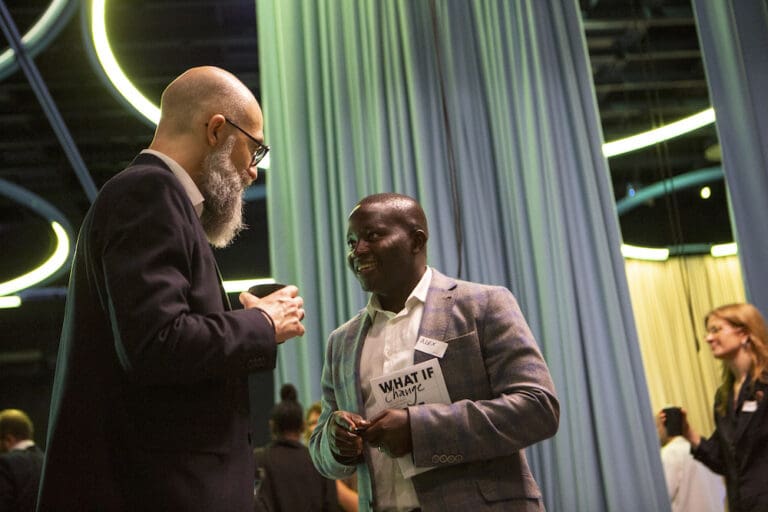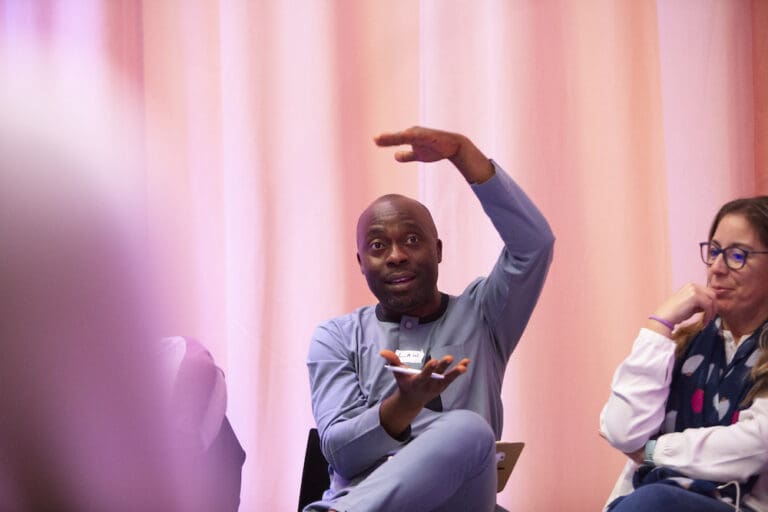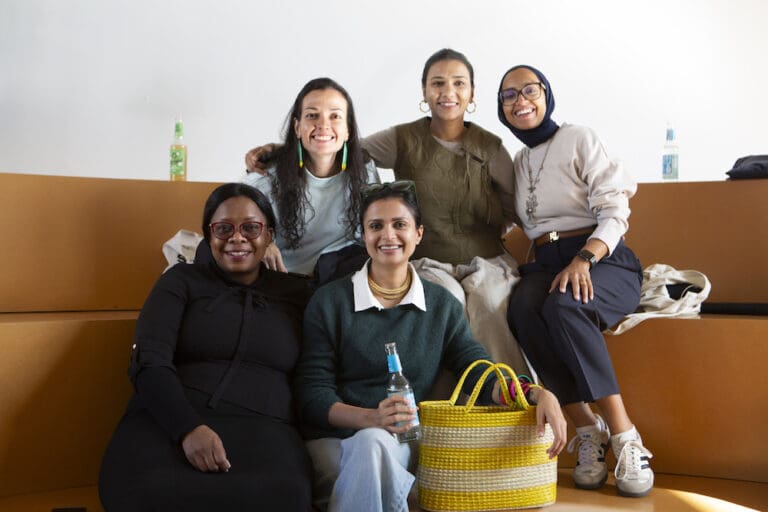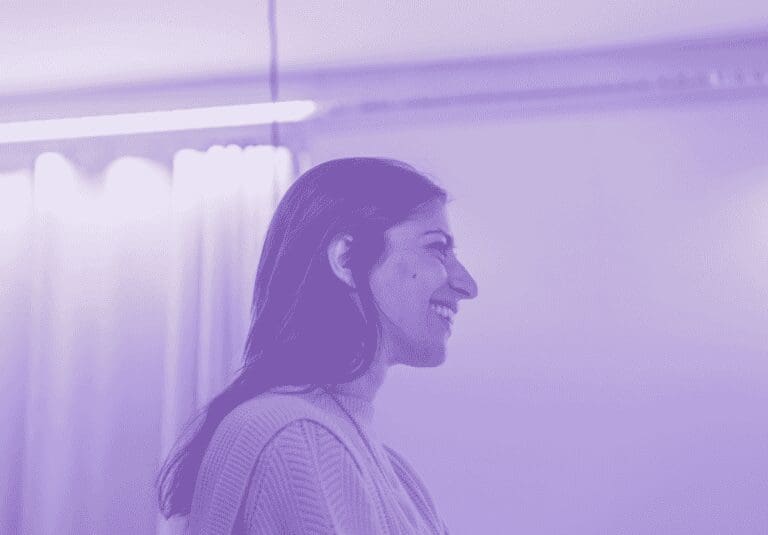“Your cheering squad shows up at the starting and finish lines, but what we really need is someone to give us a cup of tea in the middle.”
I recently welcomed eight impact entrepreneurs who’d completed DO School fellowships in the past decade to Berlin for a week-long program during DO Summit Week. They came from diverse countries such as Colombia, Nepal, Nigeria and India, among others. They represented different industries, from agriculture, to fashion, to construction. Their ventures ranged in size from 10 to 60 employees. And despite their unique stories, we quickly realized they had many challenges in common. The most striking similarity? They were all exhausted.

“As impact entrepreneurs, we’re like mums. We have to do everything, be everywhere and we really believe that nobody will love our baby as much as we do.”
That’s how one member of the group charmingly described the hard work that comes with being an impact entrepreneur. Unlike many traditional entrepreneurs, impact founders almost always work within a local community – usually their own – and that emotional connection can make it difficult to maintain distance or make tough decisions, for example, in the event the company isn’t thriving.
One of the impact fellows who joined us in Berlin started her sustainable jewelry business employing local artisans after witnessing the challenges her mother faced due to being financially dependent on her father. “Everytime I think about selling, I remember all the women I have helped and I feel I have to continue,” she says.
But at what cost? “You are the accountant and the salesperson and the operations manager and the person making sure the coffee is brewed. So if you are in bed, the company stops,” says another in the group.
“Even now, I still handle all the negotiations and the testing of all the products,” a third founder says. When someone else mentions that he now lets his team handle all sales calls and client visits, there are audible gasps in the room. “I have three kids,” he explains, “and at some point, you have to start letting go of certain things.”

“These people are my family now. I cannot imagine leaving them with someone else.”
All of the entrepreneurs gathered here have “made it.” Their company has survived the initial hurdles, found a market, finalized its supply chain and marketing strategies. And yet many say that they miss the thrill of starting from scratch, moving from idea to prototype, from being a trailblazer to being an HR person, an accountant, an operations manager. These roles demand a very different skillset. And more crucially, a different mindset.
This is also the point at which many traditional founders would let go, leave the company in capable hands and start building something new. But impact entrepreneurs often feel this simply isn’t an option. Since impact, and not profit, is the main focus, relationship building is key. This means it can take longer for these businesses to become profitable, resulting in founders staying in the CEO role for extended periods.
For many, their company becomes an intrinsic part of their identity – and that’s not always a good thing. “People see me, and they call out the name of my chili sauce,” grumbles one of the founders. “But I have an identity beyond that, too.”

“I’m focusing on my mental and physical health. I include this in my schedule. It’s not a luxury or a bonus, it’s essential.”
Given these pressures, we turn our discussion to how to build resilience through self-care. Our ideas board is quickly covered with post-its suggesting ways to create a better work-life balance, from weekly martial arts classes to dedicated family time. One of the founders even reveals how she goes to sleep early so that she can wake up every night between midnight and 2 a.m. for some reflection and personal time. “It’s when I get my best ideas,” she says.
We also devote time to learning how to delegate. One piece of advice particularly resonated with the group: When a problem crops up, instead of asking “How will I solve this?” ask yourself “Who would be the best person to tackle this?” A hint? The answer to that question is not always you.
Finally, we map out our ecosystems using the following questions: Who is someone who knows your topic well? Who encourages your ideas and boosts your confidence? Who gets you fired up to take action? Who challenges your beliefs and pushes your thinking? Who helps you come up with new ideas and solve problems? Who reminds you to take care of yourself?
We encourage the group to remember who these people are, and to lean on them. “But what if I am the only one who gets myself fired up?” asks one of our impact founders. The general consensus is that this is not sustainable. If that’s the case, put some work into finding your community, whether that’s offline or online, in reddit threads or specific support groups such as moms who are also entrepreneurs. No matter who you are and what you’re doing, there are others who can relate to your struggles and will want to help.
As we close the session, all of the impact entrepreneurs are smiling. “Should we start a WhatsApp group?” asks one. “Already added you,” says another.
Written by: Marguerite Bellec – The DO



